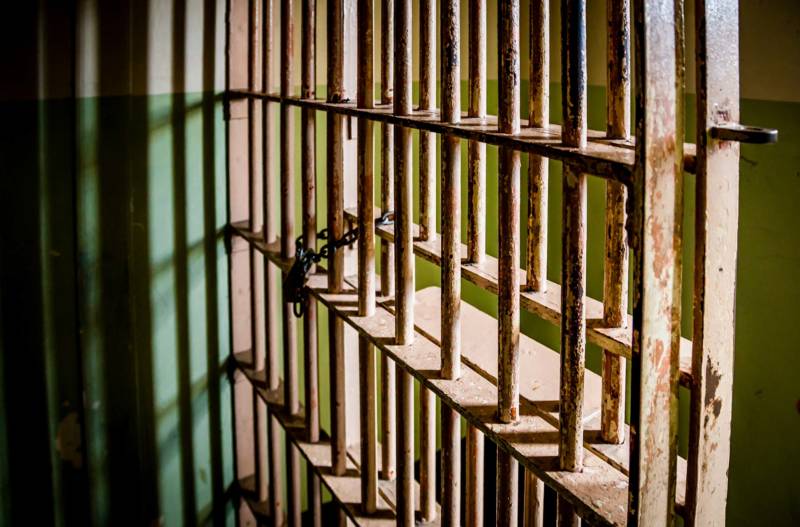U.S. Justice Department officials plan to phase out their use of private prisons to house federal inmates, reasoning that the contract facilities offer few benefits for public safety or taxpayers.
In making the decision, Deputy Attorney General Sally Yates cited new findings by the Justice Department's inspector general, who concluded earlier this month that a pool of 14 privately contracted prisons reported more incidents of inmate contraband, higher rates of assaults and more uses of force than facilities run by the Federal Bureau of Prisons.
"They simply do not provide the same level of correctional services, programs and resources; they do not save substantially on costs; and ... they do not maintain the same level of safety and security," Yates wrote in a memo Thursday.
At their peak, contract prisons housed approximately 30,000 federal inmates. By May 2017, that number will have dropped by more than half, to 14,000, Yates wrote. The Bureau of Prisons tends to use contract facilities to confine inmates who require only low security and who tend to be in the country illegally. The U.S. government spent $639 million on those facilities in fiscal year 2014, according to the Inspector General report, in payments to three companies: Corrections Corporation of America, GEO Group, and Management and Training Corp.
The Justice Department announcement will not touch the vast majority of prisoners in the country who are incarcerated by state and local authorities. But federal officials hope their decision will be a model across the correctional field.
